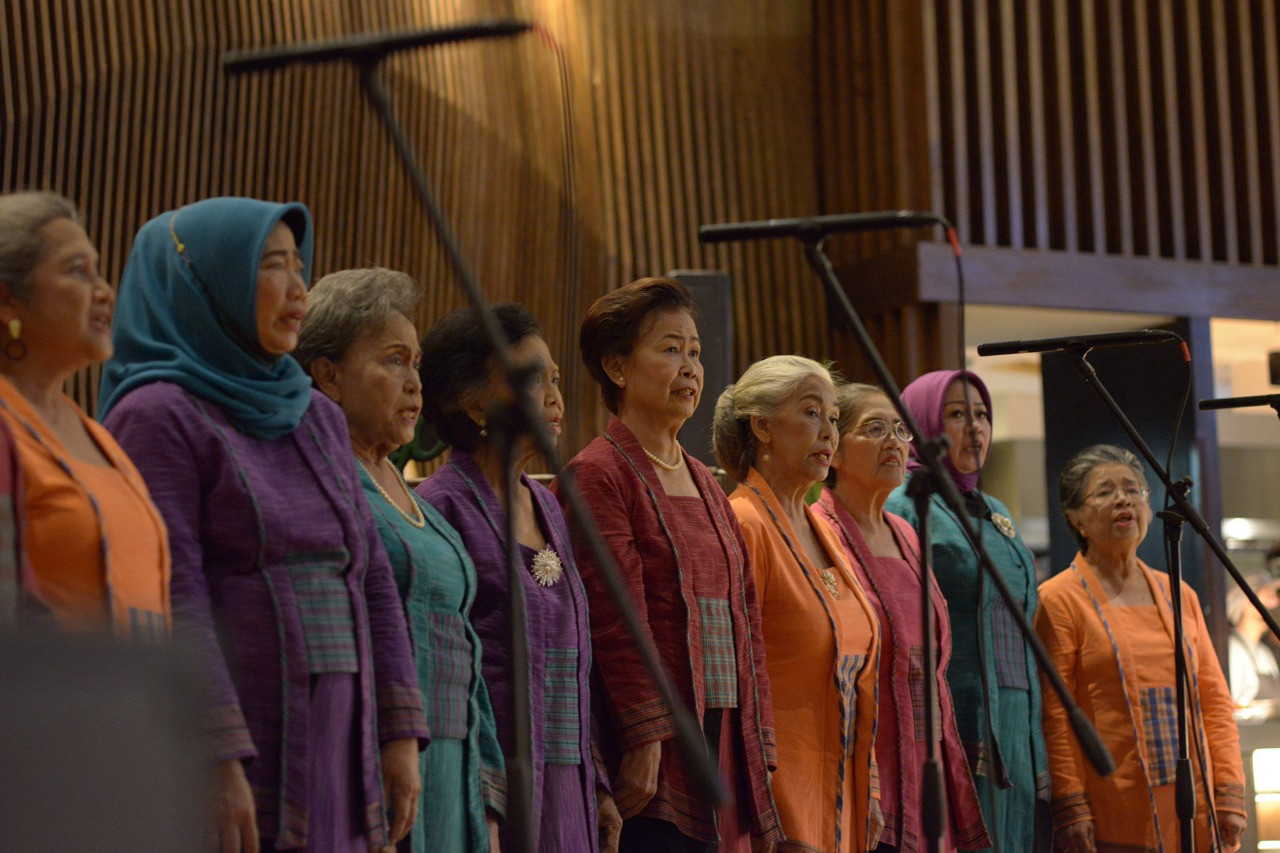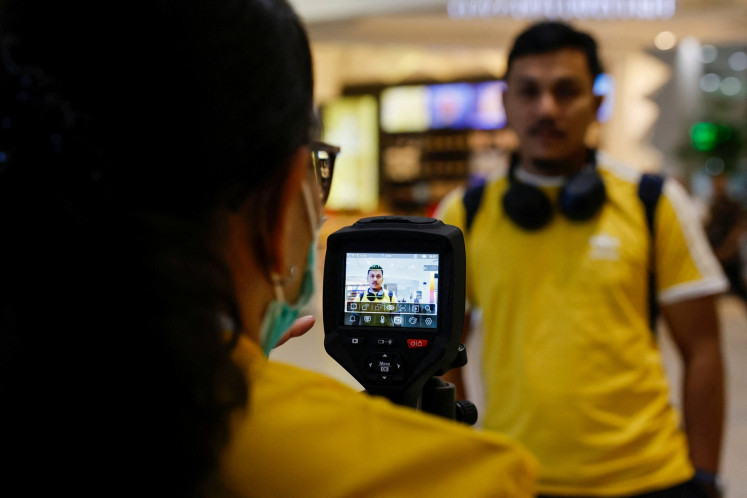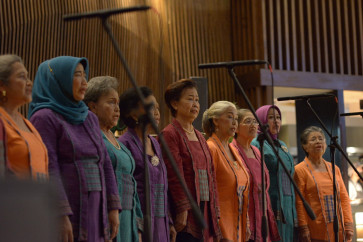Popular Reads
Top Results
Can't find what you're looking for?
View all search resultsPopular Reads
Top Results
Can't find what you're looking for?
View all search resultsHow survivors of the 1965 tragedy have endured and overcome
Change text size
Gift Premium Articles
to Anyone
Survivors of Indonesia’s 1965 massacre talk about the lingering challenges of their shared trauma.
Putu Oka Sukanta still recalls the events that preceded his ten years of extrajudicial imprisonment.
“I was arrested and detained at a military district command [Kodim] facility and [then was moved to] Salemba detention center without ever knowing why I was apprehended or tortured,” he said.
The 83-year-old Balinese’s teenage passion for writing led him to a career as a journalist and writer. He was also an activist for the People’s Cultural Institute (Lekra), an organization affiliated with the Indonesian Communist Party (PKI) that disbanded after the 1965 coup attempt.
Like Putu, Nani Nurani was also arbitrarily arrested and imprisoned. She was never a PKI member, but her presence as a singer at the party’s anniversary event in June 1965 resulted in false allegations that she was involved in that year’s alleged coup attempt. She was detained for eight years and was released in 1976.
“[Not even] rats would want to eat the rice served there. We were served boiled tofu and tempeh measuring 2 by 3 centimeters and spinach infested with caterpillars,” the 81-year-old recalled.
The countless personal tragedies also included the detainees' families. Uchikowati Fauzia was only 13 years old when she had to move to her grandmother’s house in Kroya, Central Java, after both her parents were arrested in November 1965.



















